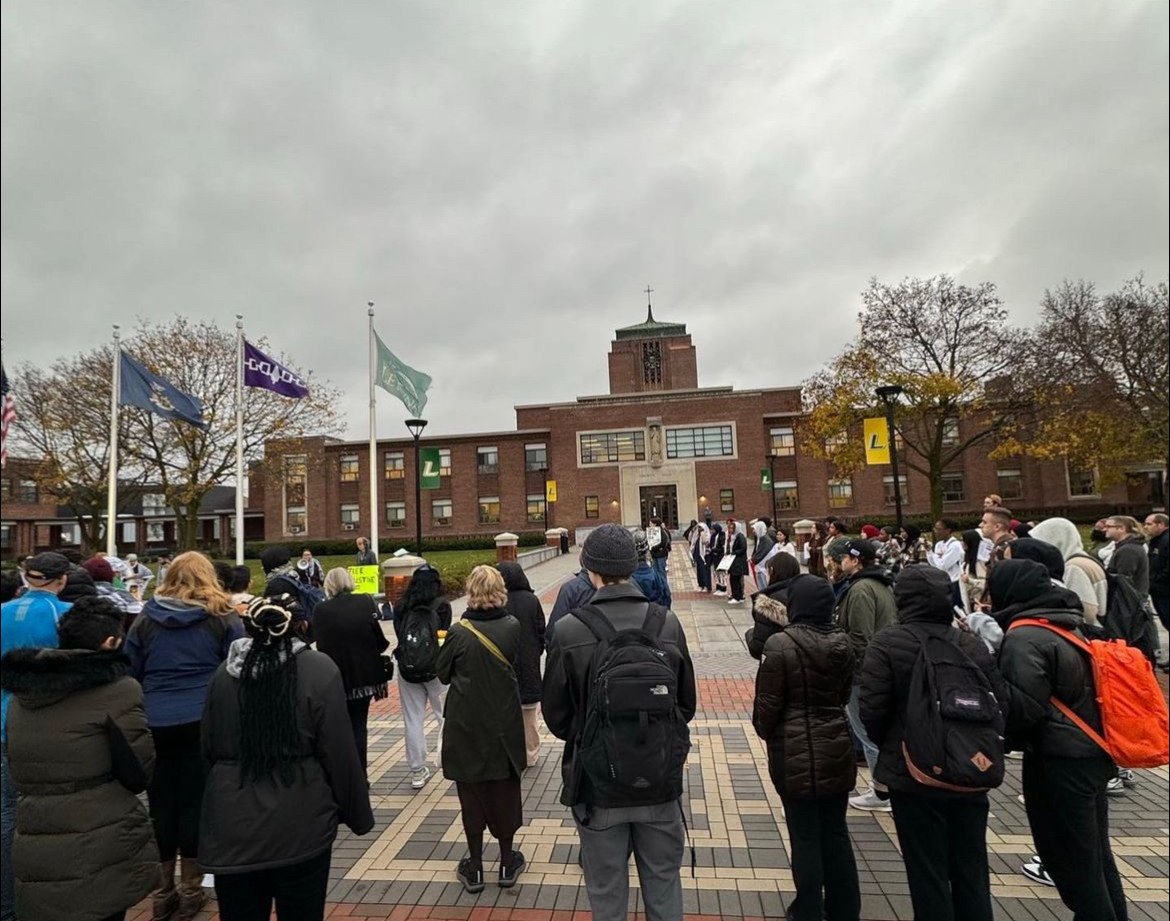We know that everyone is anxiously awaiting our the winter break: time to rest, regroup, and spend time with family. We also know that holidays can also be stressful as well. Your busy schedule becomes even busier with preparations and celebrations. This may be a good time to try to reframe your thinking about the holidays: instead of dwelling on the possible stress ahead, you can view the holidays as an opportunity to enhance your psychological well-being. There are a number of helpful steps you can take to lessen holiday stress and feel more optimistic about the season.
The American Psychological Association (APA) offers these tips for the holidays
Take time for yourself — You may feel pressured to be everything to everyone. But remember that you’re only one person and can only accomplish certain things. Sometimes self-care is the best thing you can do. Others will benefit when you’re feeling less stressed. Reflect on aspects of your life that give you joy; go for a long walk; get a massage; take time to listen to your favorite music or read a new book. All of us need some time to recharge our batteries. Be mindful and focus on the present rather than dwell on the past or worry about the future.
Volunteer — Find a local charity, such as a soup kitchen or a shelter that needs volunteers and offer to help. Alternatively, participate in a community giving tree program or an adopt-a-family program. Helping others may lift your mood and help you put your own struggles in perspective.
Have realistic expectations — It might be difficult going back home to “house rules”, especially when you have had a lot of freedom being away at school. It might a good idea to talk about realistic expectations for living back home for the break, curfews, and overall negotiating of boundaries while you are there. Doing this ahead of time can save you all a lot of stress and tears in the long-run.
No Christmas, Hanukkah, Kwanzaa or other holiday celebration is perfect. View inevitable missteps as opportunities to exercise your flexibility and resilience. A lopsided tree or a singed turkey won’t ruin your holiday — it will create a family memory. If your family/friend’s wish list is outside your budget, talk to them about realistic expectations and remind them that the holidays aren’t about expensive gifts.
Remember what’s important — The barrage of holiday advertising can make you forget what the holiday season is really about. If your holiday expense list is higher than your budget, scale back and remind yourself that what matters most is loved ones, not store-bought presents, elaborate decorations, or gourmet food.
Healthy conversations— Let your family know that holidays are times to express gratitude, appreciation and give thanks for what you all have, including each other. If there is worry about heated disagreements or negative conversations, focus on what you and your family have in common. Families might even plan activities they can do together that foster good fun and laughter, like playing a family game or looking through old photo albums.
Seek support — Talk about your worries and concerns with close friends and family. Getting things out in the open can help you navigate your feelings and work toward a solution.
This time away from academics will hopefully allow you time to decompress, rest and create opportunities to deepen the connections you have with family and friends at home. Wishing you a wonderful and peaceful winter break!
Mary Alvord, Ph.D., Michi Fu, Ph.D. and David Palmiter, Ph.D., November 2016.
https://www.apa.org/helpcenter/holiday-season.aspx
The full text of articles from APA Help Center may be reproduced and distributed for non-commercial purposes with credit given to the American Psychological Association. Any electronic reproductions must link to the original article on the APA Help Center. Any exceptions to this, including excerpting, paraphrasing or reproduction in a commercial work, must be presented in writing to the APA. Images from the APA Help Center may not be reproduced.






